Supporting graduate students in space science and engineering
In addition to his long and productive career, Dr. Barth left a lasting legacy through his teaching and mentoring. He generously shared his knowledge and passion with students and was committed to hands-on education and training. Dr. Barth prioritized directly involving as many students as possible in his research.
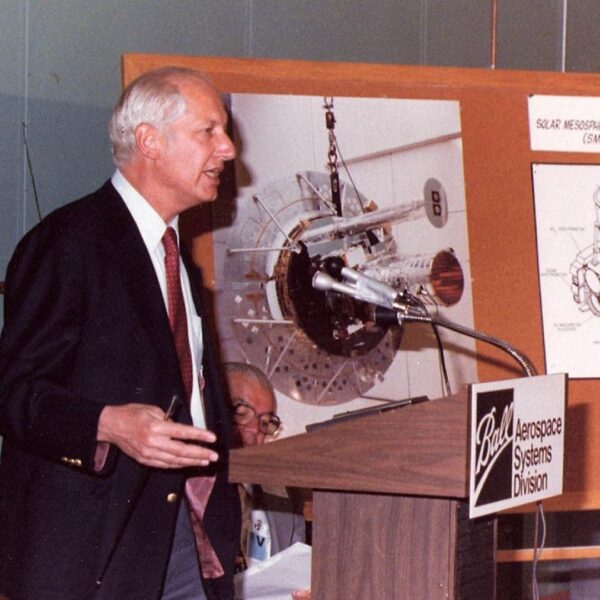
2023 Award Recipients
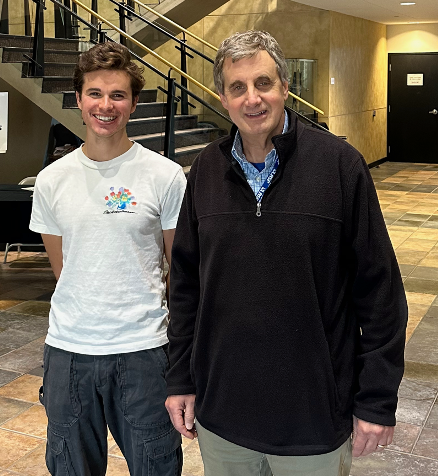
Andrew Buggee (left) works with Dr. Peter Pilewskie (right) and is developing a new remote sensing method to derive key properties of clouds from the upcoming CLARREO Pathfinder mission to be deployed on the International Space Station in 2025. He has tested his new methods on a current instrument called EMIT and has shown that the CLARREO Pathfinder measurements will probe deeper into clouds than any prior observation.
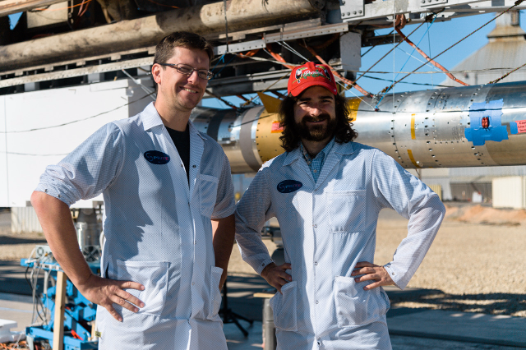
Alex Haughton (right) is a graduate student working with Dr. Brian Fleming (left) to understand properties of galaxies that enable ionizing radiation to escape into the inter-galactic medium. He does this by using rocket measurements of nearby galaxies and compares their properties to those of distant galaxies measured by the Hubble Space Telescope. He has recently returned from the successful launch of the INFUSE sounding rocket and is preparing his own science program to measure the extreme star formation region known as Mrk 71.
2022 Award Recipients
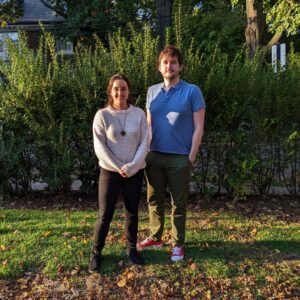
Eryn Cangi’s graduate research focuses on the Martian atmosphere. Working with Dr. Michael Chaffin (right), she is developing a comprehensive surface-to-space model of Mars’ atmosphere that includes the chemistry of hydrogen and its isotope deuterium, providing a detailed understanding of multiple modes of atmospheric escape. The results will help researchers better understand the loss of water from the Red Planet.
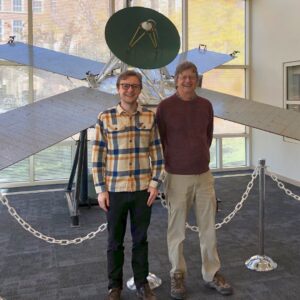
Kyle Connour works with Dr. Nicholas Schneider (right). He is using ultraviolet data analysis, general circulation models, and other tools to better understand how various aerosols in the Martian atmosphere interact and how they’ve contributed to Mars’ atmospheric loss.
